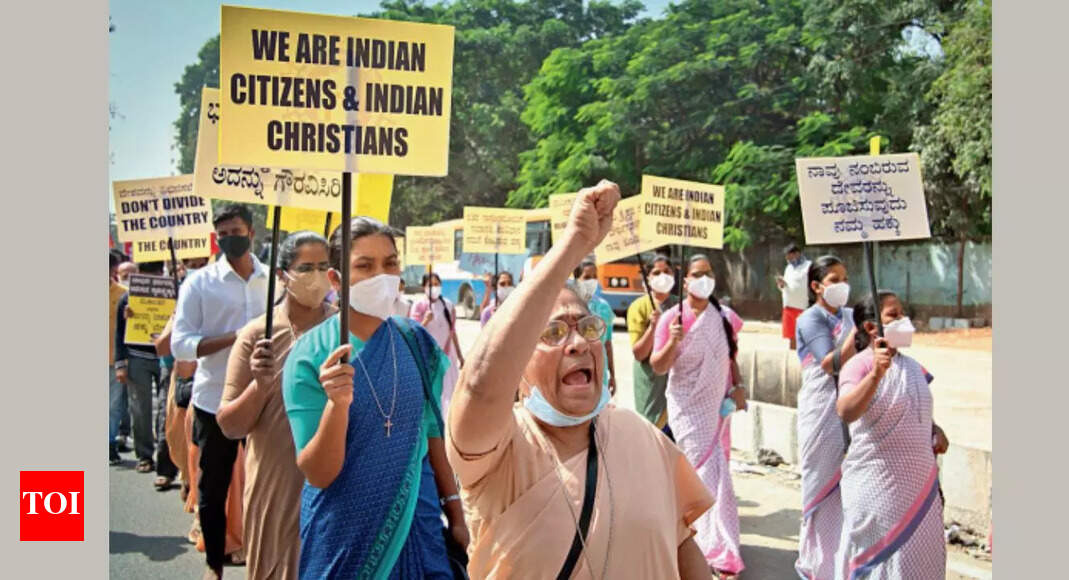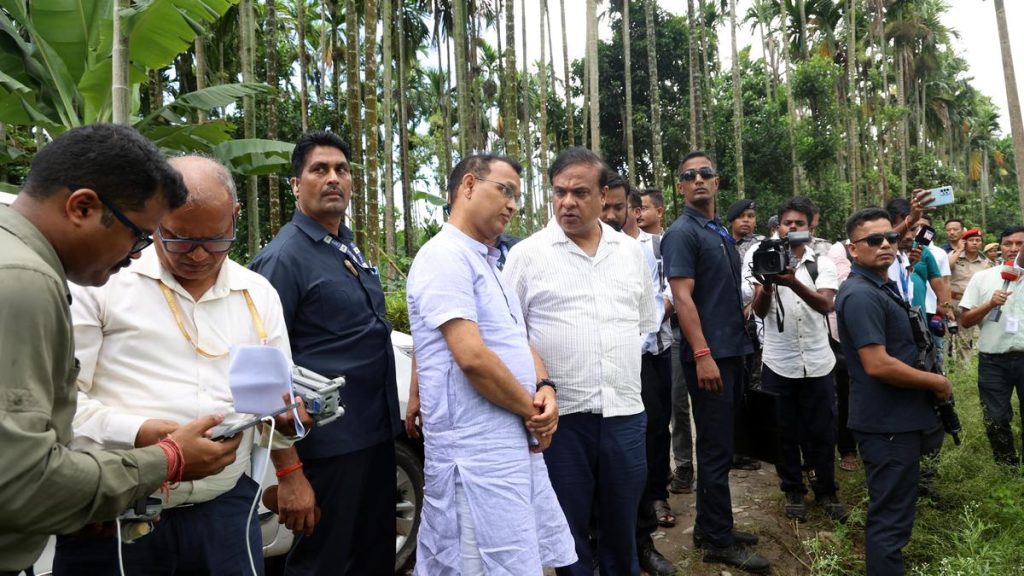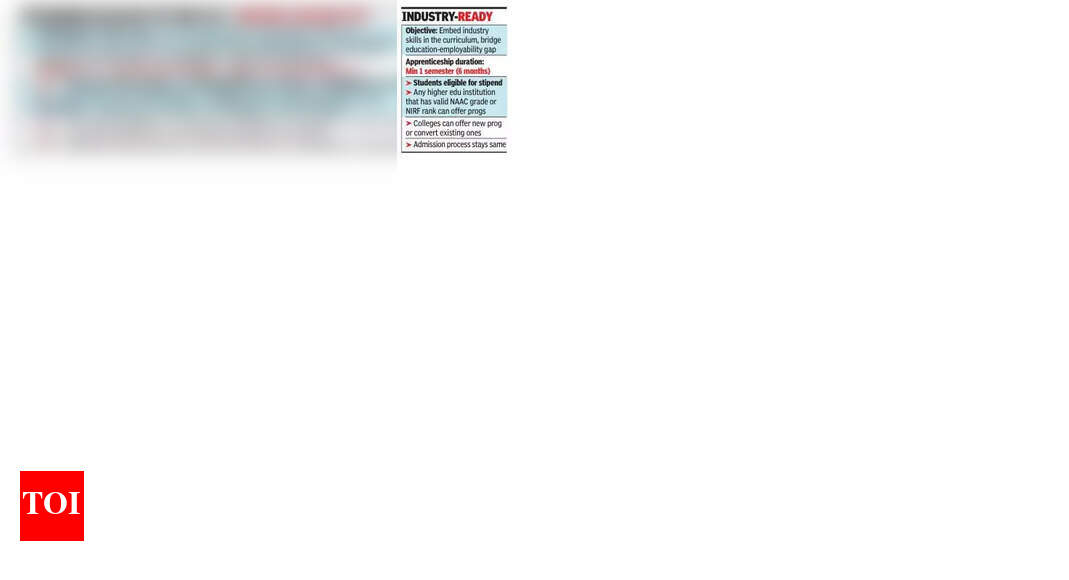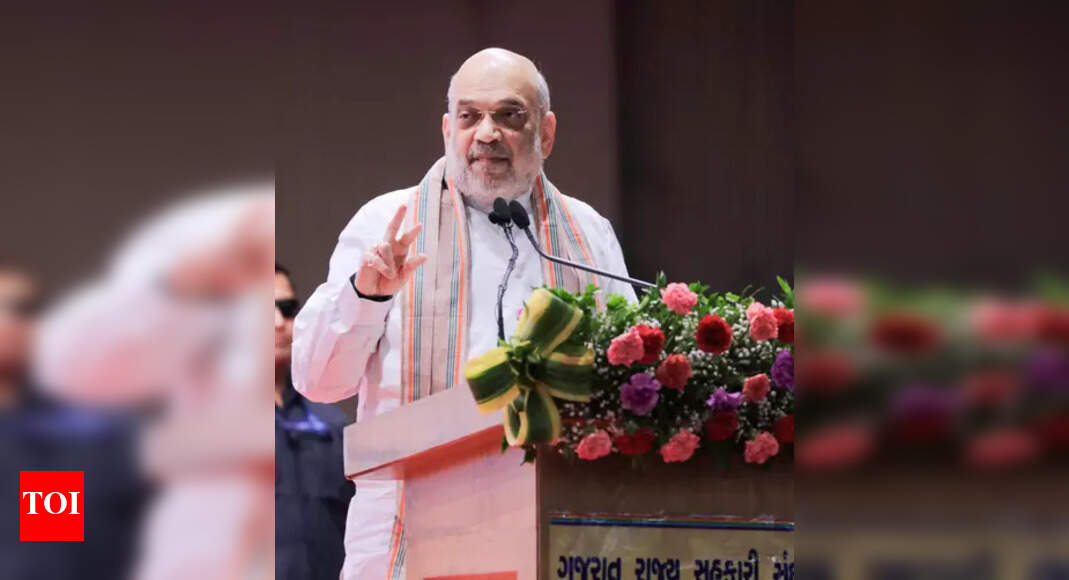Now Reading: Acquitted but Not Free: Fear Lingers for the Falsely Accused of Conversion
-
01
Acquitted but Not Free: Fear Lingers for the Falsely Accused of Conversion
Acquitted but Not Free: Fear Lingers for the Falsely Accused of Conversion

Rapid Summary
- Religious Conversions in India: Supreme Court set to hear challenges against anti-conversion laws in India. These laws exist in 11 states, including UP, Gujarat, Himachal Pradesh, and Karnataka.
- Impact on Individuals: Cases of individuals falsely accused under these laws highlight prolonged legal battles and traumatic experiences:
– Sonu saroj (UP, Rae Bareilly): Attacked during a prayer meeting by a mob; booked under UP’s Prohibition of Unlawful Conversion of Religion Act; acquitted after multiple hearings but remains fearful.
– Nadeem (UP): Falsely accused of “love jihad” following domestic dispute allegations; jailed for a year before being acquitted in January 2021.
– Sangeeta Kartami & Dev Chandra (Chhattisgarh): Targeted during prayer gathering; violently attacked and spent seven years defending allegations before their case was cleared.
– Prabhakar Sule & family (Maharashtra/MP): Detained with wife for three days and endured seven years of court appearances before acquittal.
- Legal Data: UP registered 835 cases under its anti-conversion law from November 2020 to July 2024 with over 1,682 arrests.
!FAITH OR FORCE? A protest against the anti-conversion law
Indian Opinion Analysis
India’s ongoing debate over religious conversions highlights deeper societal divisions involving faith practices, legality, and personal freedom. Anti-conversion legislation aims to prevent coercion but risks misuse due to vague definitions or cultural biases. Cases such as those highlighted here reveal severe human costs-psychological trauma, legal burdens over extended periods-and underscore the critical need for unbiased enforcement mechanisms.
Evaluating these laws’ effectiveness is essential amid proposals like stricter penalties or expanding legislative scope across other states. Without proper impact assessments or safeguards against false accusations leading to suppression of religious freedom or personal choice rights guaranteed by india’s Constitution Article 25 could be inadvertently compromised perhaps eroding communal harmony even further given polarising narratives rising circles wider attention retrofitting procedural oversight Judiciary transparency key tackling complex dilemmas baseline ethos fairness paramount

























